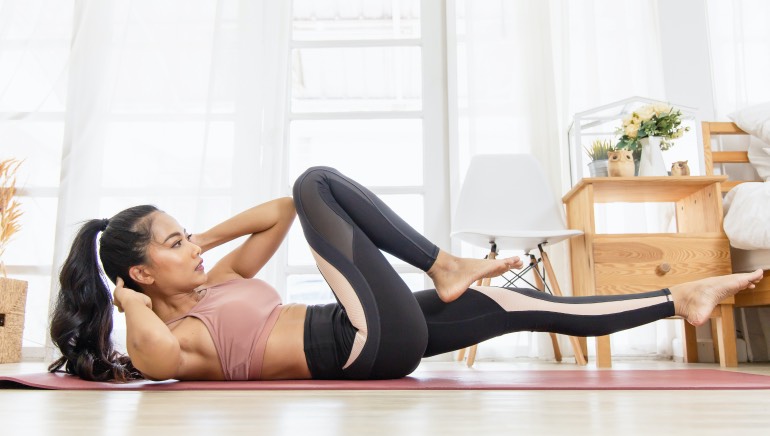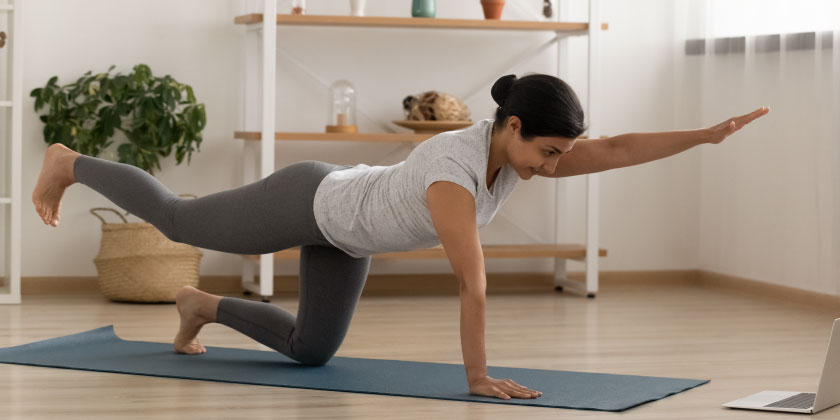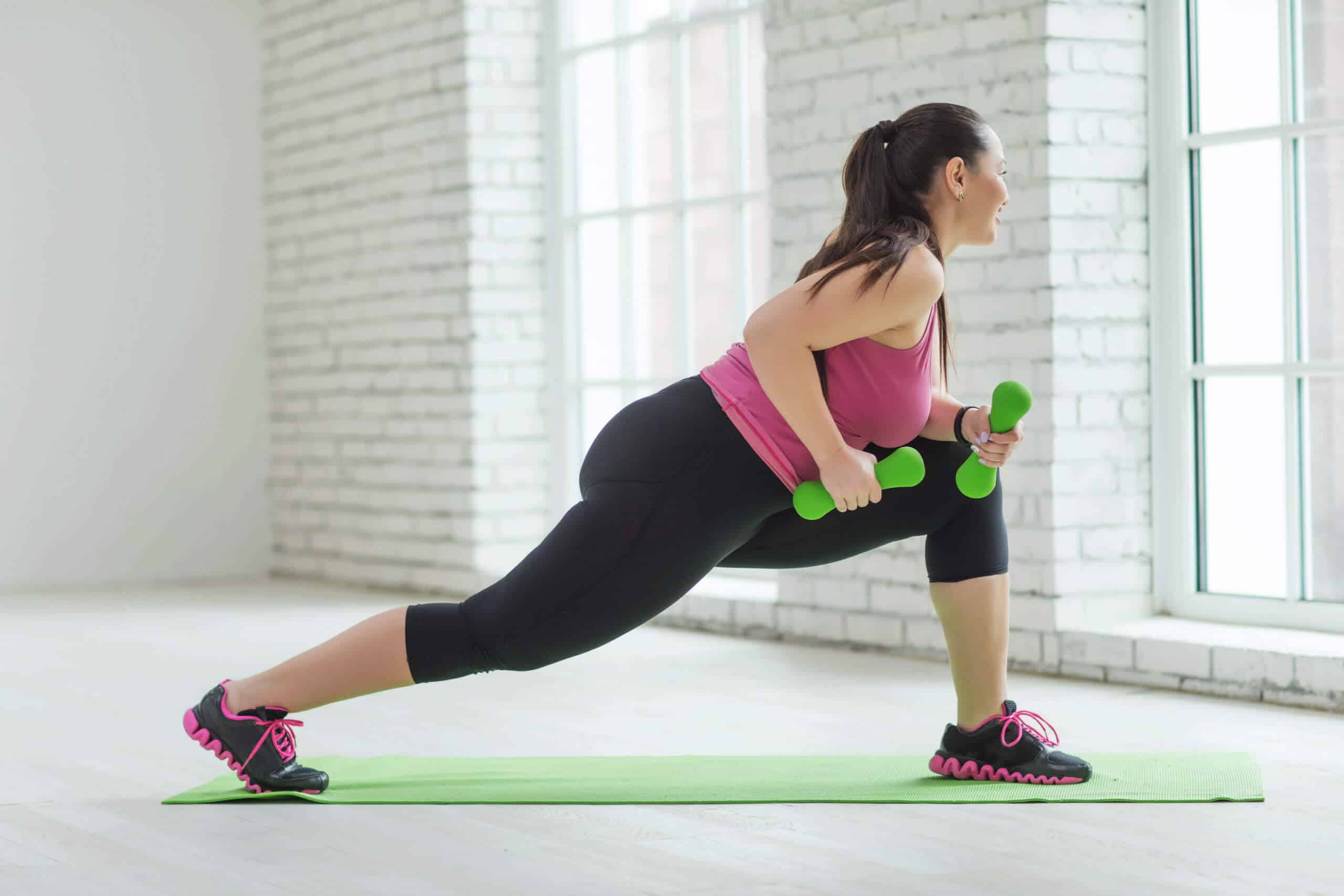Are you struggling with PCOS and looking for effective ways to manage your symptoms? Regular physical activity can be a game-changer. Not only does it have numerous positive effects on your overall health, but targeted exercises can also help ease the symptoms of PCOS. But with so many options out there, how do you know which exercises are the best for you?

In this post, we’ll look into the world of PCOS exercises and find out the types of workouts that can make a real difference. Whether you’re new to fitness or a seasoned gym-goer, we’ve got you covered. So, get ready to take charge of your health and discover the workouts that will help you thrive with PCOS.
Contents
- 1 16 Best Exercises for PCOS
- 1.1 1. Walking:
- 1.2 2. Jogging:
- 1.3 3. Swimming:
- 1.4 4. Cycling:
- 1.5 5. Yoga:
- 1.6 6. Pilates:
- 1.7 7. Strength Training:
- 1.8 8. High-Intensity Interval Training (HIIT):
- 1.9 9. Aerobic Dance:
- 1.10 10. Zumba:
- 1.11 11. Tai Chi:
- 1.12 12. Rowing:
- 1.13 13. Hiking:
- 1.14 14. Kickboxing:
- 1.15 15. Circuit Training:
- 1.16 16. Barre Workouts:
- 2 Benefits of Exercise for PCOS
- 3 Frequently Asked Questions
16 Best Exercises for PCOS
Here are some of the best exercises specifically beneficial for individuals with PCOS.
Benefits of Exercise for PCOS
Here are some key advantages of incorporating exercise into your PCOS fitness plan:

1. Improved Cardiometabolic Health
Exercise has been shown to improve cardiometabolic outcomes in women with PCOS, even without significant changes in body weight. Engaging in regular physical activity helps to regulate blood sugar levels, reduce insulin resistance, and improve lipid profiles. This, in turn, lowers the risk of developing cardiovascular diseases and other metabolic disorders.
2. Weight Management
Maintaining a healthy weight is crucial for managing PCOS symptoms. Engaging in regular exercise helps to increase calorie expenditure, improve muscle tone, and promote fat loss. By combining cardiovascular exercises with resistance training, you can achieve optimal weight management and improve body composition.
3. Hormonal Balance
Exercise plays a significant role in regulating hormonal balance in individuals with PCOS. Regular physical activity stimulates the production of endorphins, which can help alleviate mood swings, reduce stress levels, and improve overall well-being. Additionally, exercise can help regulate menstrual cycles and promote fertility in women with PCOS.
4. Enhanced Energy Levels
Although fatigue is a common symptom of PCOS, exercise can actually boost your energy levels. Engaging in physical activity increases blood flow and oxygen delivery, providing a natural energy boost. Regular exercise can also improve sleep quality, helping to combat PCOS-related fatigue.
5. Reduced Risk of Complications
By incorporating exercise into your routine, you can reduce the risk of developing complications associated with PCOS. Regular physical activity can help prevent the onset of type 2 diabetes, cardiovascular diseases, and other metabolic disorders. It also aids in maintaining healthy bone density and reducing the risk of osteoporosis.
Frequently Asked Questions
What are good workout routines for PCOS?
Good workout routines for PCOS include walking, running, swimming, cycling, and hiking. These cardiovascular exercises help manage insulin resistance and weight gain. Aim for at least 30 minutes a day to reap the benefits.
How can I tone my stomach with PCOS?
To tone your stomach with PCOS, incorporate exercises that target your abdominal muscles, such as planks, crunches, and Russian twists. Additionally, full-body workouts and cardio exercises help burn overall body fat, including belly fat.
Is lifting weights good for PCOS?
Yes, lifting weights is beneficial for PCOS. Strength training helps build lean muscle mass, improves insulin sensitivity, and promotes weight loss. Incorporate exercises like squats, deadlifts, and lunges into your workout routine for optimal results.

Hello, I’m Ravindra. Over the years, I’ve immersed myself deeply into the world of fitness and health, transforming both my body and mind. Writing has allowed me to share my journey, insights, and expertise with those just starting out and seasoned fitness enthusiasts alike. Beyond just routines and diets, I believe in inspiring others to adopt a holistic approach to well-being.


